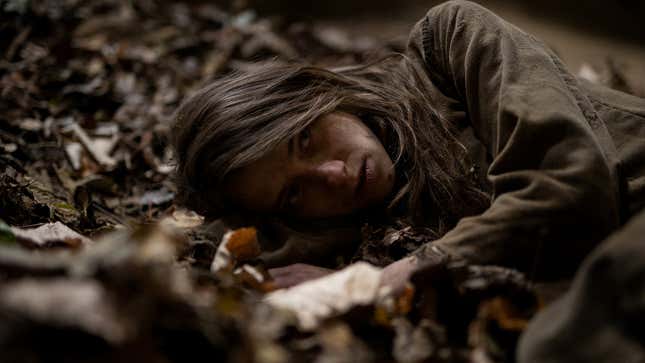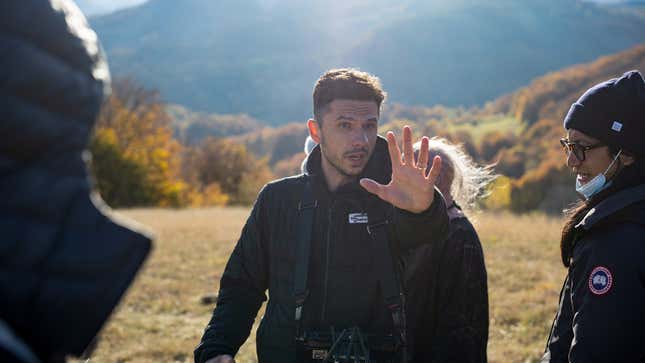‘You Won’t Be Alone’: Maybe She’s Born With It, Maybe It’s Witchery
Goran Stolevski tells Jezebel about writing and directing the "Macedonian language mood poem about witches in the 19th century" that killed at Sundance.
EntertainmentMovies

When writer/director Goran Stolevski says that he can’t believe his film debut, You Won’t Be Alone, got made, he isn’t being modest. Not entirely, at least. A “strange” film, in Stolevski’s reckoning, Alone is a folktale set in 19th century Macedonia (and written in an archaic Macedonian dialect, to boot) that follows two shape-shifting witches and serves as a meditation in part on the socializing aspects of gender. In my review pegged to its Sundance debut, I wrote, “Think Orlando meets Malick meets Nell meets Kate Bush and you’re in the general vicinity.” I stand by that. It’s part body horror part fairy tale part elliptical philosophizing, and all together, a weird little movie that doesn’t feel little at all.
Stolevski recalled handing nearly a dozen feature ideas to producers Kristina Ceyton and Samantha Jennings, who reached out after his short film Would You Look at Her won a prize at Sundance at 2018. “I kept You Won’t Be Alone toward the end of the list because I thought it would be a little bit too esoteric to start with,” Stolevski explained to Jezebel recently via Zoom. “You know, this Macedonian language mood poem about witches in the 19th century, but it’s really about their feelings.” But they loved it and produced it via their Australian production company Causeway Films. “And then even two years later, I was on set and I’m like, ‘Really? We’re doing this?’”
-

-

-

-

-

-

-

-

-

-

-

-

-

-

-

-

-

-

-

-

-

-

-

-

-

-

-

-

-

-

-

-

-

-

-

-

-

-

-

-









































